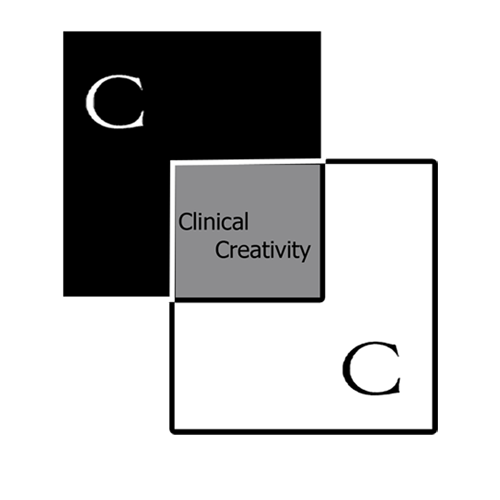Part of the issue surrounding creativity is that many people are not sure what it is- they think its something to do with art, or only for gifted and talented people.
The reality is that we all have a creative side, we all have imaginations, we can all ask ourselves "what if...".
So in truth, we can all be creative.
The next issue is that people sometimes think they need to be taught how to be creative, that years at art school or university are required.
The reality is that no education is required to be creative at all. Children possess innate creativity which our education system has previously tried to beat out of them. Current education methods are focussed on development of creativity, encouraging the questioning environment and association of ideas which is the hallmark of creativity.
So- now you know what it is- why not try it?
Just look around you now and select two objects, any two. Now mentally link the two objects, what have you "created"? I'm sitting at a desk in a shared office environment. It has loads of objects cluttering the surface.
The cleaner has left a bottle of cleaning solution, on my right hand side and there is a stapler on my left.
Ok- so cleaning spray, stapler- what have we got?
A spray for cleaning your desk equipment? Staples that smell? A stapler that releases a scent onto the paper?
Three ideas in less than a second.
Now next time you are in a clinical area and have the luxury of a minute spare, just relax and try the same game. Granted its unlikely you will come up with the bagless vacuum cleaner, but you never know.
